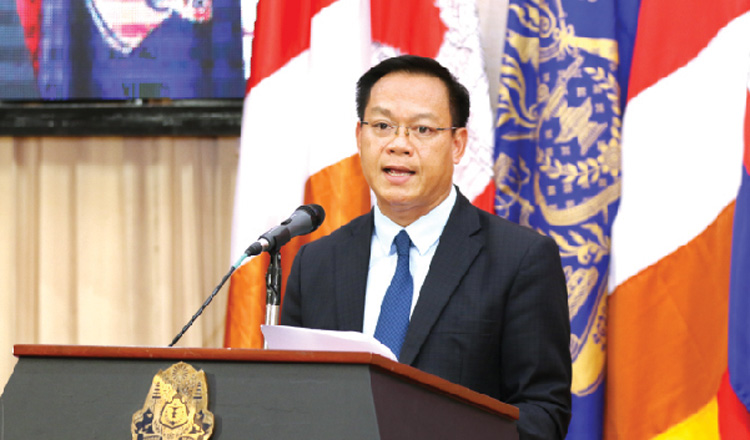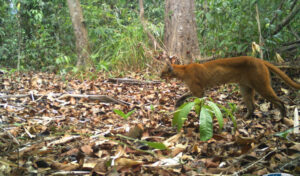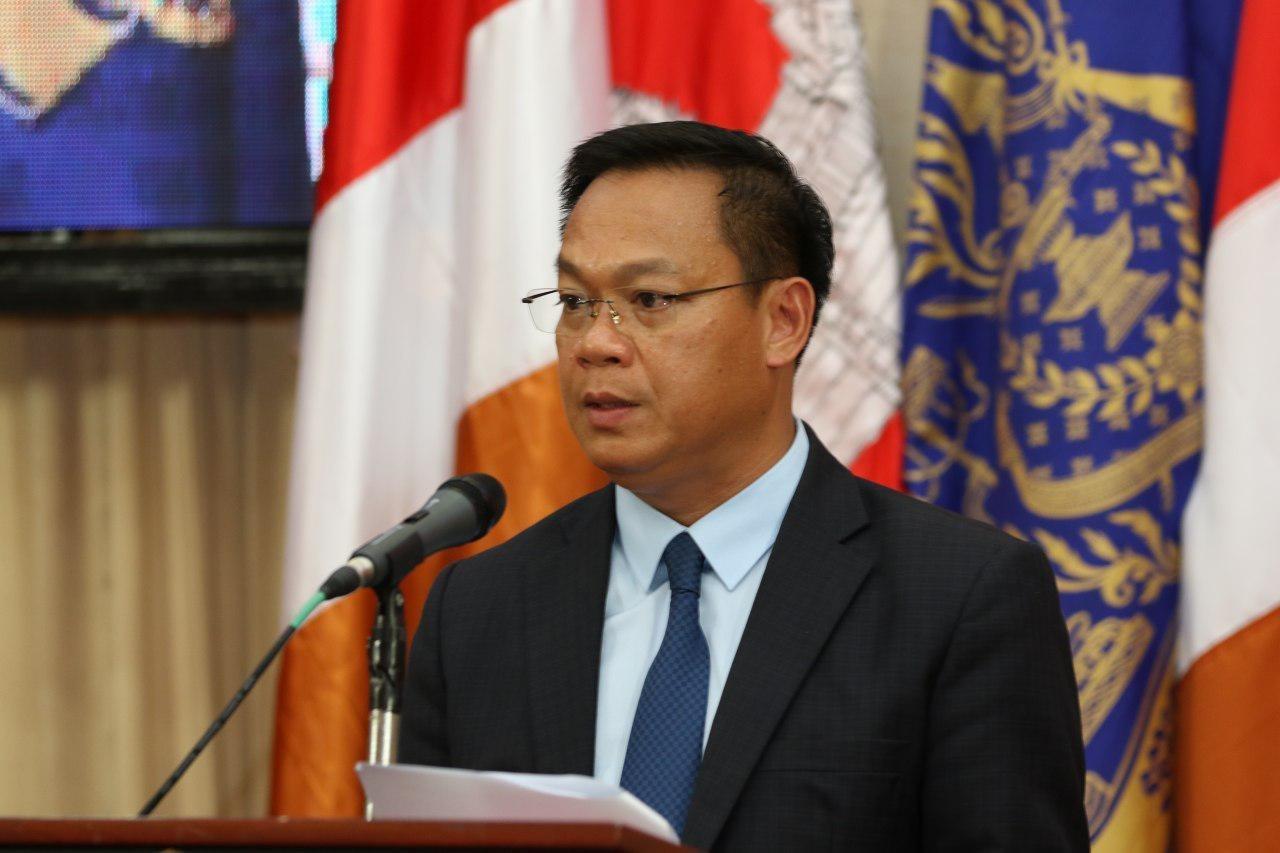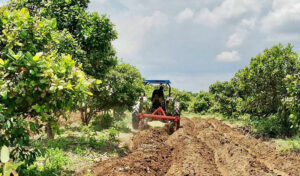Indigenous people changing their mindsets
The indigenous people of Ratanakiri are now more aware of the benefits of science-based health care and disease prevention than ever, according to the provincial department of health.
Ung Ratana of the Ratanakiri health department told Khmer Times yesterday that previously when family members became ill in the region, the indigenous people would often prefer to pray to their ancestral spirits, rarely seeking treatment or health checkups at commune centers.
“However, as we began to reach out to ill indigenous people and treat them, they began to gain trust in us. This has led many to seek treatment from commune centers alongside traditional prayers,” he said.
“We are willing to spend time and money on doctors to do ‘out visits’ to patients to check on their pregnancy progress or general health. Only if the patient is seriously ill, will we bring them to the health post in the commune,” he said.
Pate commune chief of O’Yadav district, Chhay Thy, said Pate commune has a lot of indigenous people who are now more aware of the services on offer and how better to protect themselves from diseases.
“After the announcement of COVID-19 and the following transmission prevention measures announced, people have been very careful to follow the guidelines disseminated and practiced by health agencies and local authorities,” he said.
“They also closed their villages to prevent outsiders from entering and when they knew family members were returning from working in Thailand, they reported them to commune authorities to take them in for quarantine.”
Speaking during a press conference regarding the performance and achievements of the Ratanakiri provincial authorities at the Council of Ministers on Monday, provincial governor Thang Savon said the authorities had effectively disseminated education to all localities in the province through face-to-face visits, the installation of loudspeakers, educational posters, masks, hand washing with alcohol and soap, broadcasts in the public, private radio, television, and social media in the five indigenous languages: Brao, Chong, Jarai, Kuoy, and Bunong.
“As of July 2020, a total of 137 samples have been taken, of which 33 are foreigners, all of which were COVID-19 negative,” he said.
“We have set up 96 rooms across 11 locations to be used as quarantine and treatment facilities for patients and suspected patients. So far, we have put 98 people through quarantine in Ratanakiri.
Ratanakiri province has eight different indigenous peoples, which account for 122,801, or nearly 60 percent of the total population, at 208,686 people.
The province has two referral hospitals with 192 beds and 27 health centers. The hospitals and centers are manned by a total of 433 staff, including 32 doctors and 3 specialist doctors.




